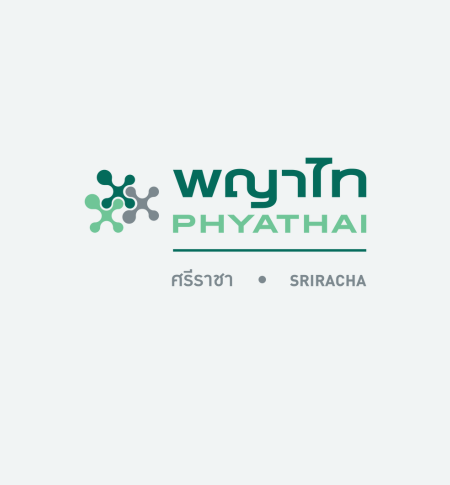Coronary angiography is a procedure that involves threading a catheter through the groin, elbow, or wrist arteries to the heart's blood vessels. A contrast dye is injected, and then X-rays are taken to visualize the condition of the blood vessels and identify any blockages.
For further information or Booking..
Coronary Artery Angiography-CAG is a medical procedure used to diagnose and treat heart conditions. It involves using a small catheter with a diameter of about 2 millimeters, which is inserted into the red blood vessels by threading it through the groin, elbow crease, or wrist. The catheter is guided to the coronary arteries, and a contrast dye is injected through the catheter to visualize and record images of the heart’s blood vessels. This procedure allows doctors to assess the condition of the coronary arteries and detect any blockages or narrowing. Coronary angiography helps physicians to accurately diagnose and treat patients with coronary artery disease.
When is coronary angiography recommended?
Coronary angiography is recommended for individuals who exhibit the following symptoms:
- Severe chest tightness or pressure, similar to a heavy weight pressing on the chest.
- Shortness of breath, excessive sweating, fatigue, palpitations, dizziness, or lightheadedness.
- Possible radiation of pain or numbness to the arms, shoulders, or jaw.
- A history of or risk factors for coronary artery disease, such as diabetes, high blood pressure, high cholesterol, a family history of heart disease, obesity, smoking, or a sedentary lifestyle.
- Abnormal findings from other screening tests, such as electrocardiography (ECG), echocardiography, or stress testing.
What are the steps involved in the injection of contrast dye for coronary artery examination?
Before administering the contrast dye, the patient is advised to fast for approximately 6 hours. The nurse will clean the wrist or groin area, where the catheter will be inserted. Then, local anesthesia will be applied, followed by the insertion of a needle and guide wire. The catheter, along with the diagnostic wire, will be threaded through the blood vessels until it reaches the coronary arteries. Throughout the procedure, the patient will be conscious but should not experience any pain. After the angiography is complete, the catheter will be removed, pressure will be applied to the insertion site to stop any bleeding, and this process usually takes about 30 to 60 minutes.
Reporting the results of the coronary angiogram
The doctor will inform the patient and their relatives of the results after the completion of the coronary angiogram. If the patient has minor blockages in the coronary arteries, the doctor may consider treatment with medication. In cases where the severity of the blockages is suitable for treatment with stenting or the insertion of a coronary artery bypass graft, the doctor can proceed with the treatment immediately after the angiogram. This procedure usually takes about 45 minutes to 1 hour. However, in cases where multiple coronary arteries have severe blockages, the patient may require coronary artery bypass surgery at a later time.
Post-Heart Catheterization Care Guidelines
- Avoid bending the leg/arm on the side where the heart catheterization was performed for 4-6 hours. If a compression device is used after inserting the catheter through the groin, lie flat for 6 hours.
- If there are no abnormal symptoms, the patient can go home within 4-6 hours.
- After the examination, if a balloon angioplasty is performed, the patient can return home in the morning of the next day. The wound can be opened and bathed as usual.
- If there is swelling, severe pain, or tightness in the chest, and the patient cannot lie flat, seek medical attention promptly.
- Rest adequately, avoid heavy physical work, and refrain from exercising the arm and leg on the side where the procedure was performed for about 1 week.
- Take medication regularly and keep follow-up appointments. If there are any other abnormal symptoms, consult a doctor before the scheduled appointment.
Phyathai Sriracha Hospital’s Heart Center has experienced and specialized cardiologists in the treatment of heart and blood vessel diseases. They provide comprehensive diagnostic and treatment services 24 hours a day. With an average response time of 35 minutes, they meet the standard of providing life-saving assistance to patients with heart artery blockages, with a chance of survival if treated within 90 minutes. The physicians will continue to care for and treat patients until they reach a stable condition.
For further information or Booking..











